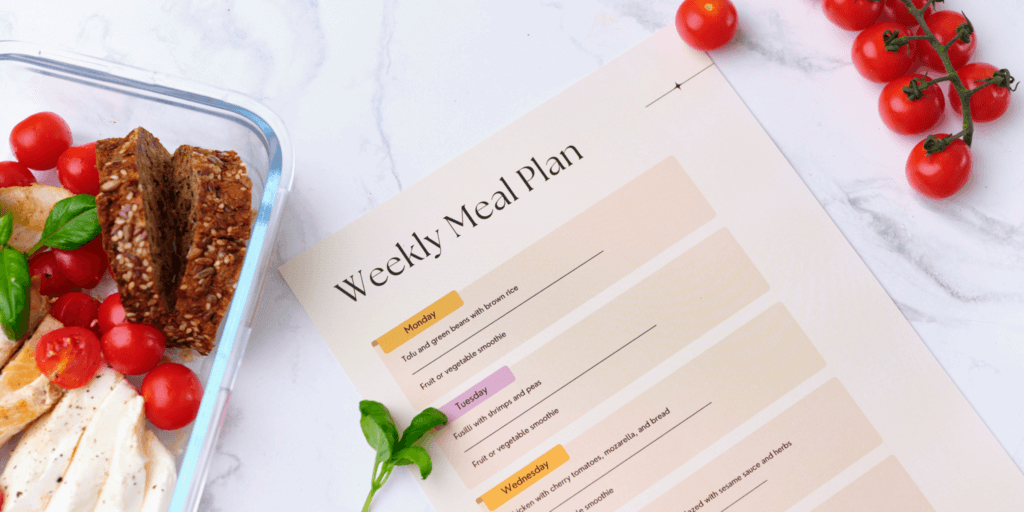29 September 2023
Stop Food Waste! For People and Planet: A Call to Action on International Day of Awareness of Food Loss and Waste

The International Day of Awareness of Food Loss and Waste (IDAFLW), observed for the fourth time today, on 29 September 2023, serves as a powerful reminder of the urgent need to combat food loss and waste (FLW). It is a call to action for public and private entities, as well as consumers, to unite in the effort to stop food waste together in order to mitigate climate change and support food security around the globe.
The Global Impact of Food Loss and Waste
According to Stop Food Loss Waste, the food supply chain in many countries is poised to surpass farming and land use as the largest contributor to greenhouse gases (GHGs). The culprits include food processing, packaging, transportation, and food waste, which collectively elevate the food supply chain to the top of the list of GHG emitters worldwide.
GHGs are generated at every step of the food supply system, regardless of whether the food produced is ultimately consumed. Notably, food waste that ends up rotting in landfills releases methane, a potent greenhouse gas with 84 times the warming power of carbon dioxide over a 20-year period.
Astonishingly, this food loss and waste contributes to 8-10 per cent of global GHGs, further destabilising the climate and leading to extreme weather events like droughts and floods. These changes adversely affect crop yields, diminish the nutritional value of crops, disrupt supply chains, and threaten food security. Hence, there is an urgent need to accelerate action against FLW.

SDG 12 and the Urgency for Action
The 2030 Agenda for Sustainable Development, particularly SDG 12, target 12.3, calls for halving per capita global food waste at the retail and consumer levels, as well as reducing food losses along production and supply chains. With only eight years left to achieve this ambitious goal, the urgency of scaling up action to reduce FLW cannot be overstated. Reducing FLW not only offers immediate climate benefits but also improves the overall sustainability of our food systems – a crucial transformation needed to ensure a healthier planet and better nutrition for current and future generations.
New Zealand’s Progress in the Fight Against Food Waste
In the context of this global issue, New Zealand has made progress in reducing household food waste. The estimated percentage of household food waste has decreased from 13.4 per cent in 2022 to 12.2 per cent in the present year according to Rabobank/KiwiHarvest’s Food Waste Survey findings. Despite this, the value of food being wasted has increased. A staggering $3.2 billion per annum, up from $3.1 billion in 2022 – thats $1,510 of food per household.

Most Kiwis are concerned about ‘the wasted money’ resulting from food waste, with 74 per cent of respondents citing this as a key concern. While the reasons for food waste in New Zealand include food going off ‘before you can eat it’ (50 per cent) and not eating items after their ‘before use by and best before dates’ expire (32 per cent).
Fortunately, Kiwis’ understanding of food labelling has improved, with close to two-thirds now correctly identifying the definition of a best-before label.
Encouragingly, Generation Z (aged 18-26) have reduced their food waste significantly, dropping from 28.2 per cent to 19.2 per cent. They still however continue to be the most wasteful among all age groups, indicating the need for targeted efforts to educate and engage this demographic
It is also important to note that while we have seen improvements in reducing food waste this year, last year’s survey saw the highest estimated food waste ever seen across any of the food waste surveys Rabobank have conducted over the last six years; with the low of 8.6% recorded in 2021.

A Shared Responsibility
On this International Day of Awareness of Food Loss and Waste, it’s crucial we recognise that addressing FLW is a shared responsibility. Governments, businesses, and consumers must unite to reduce FLW, combat climate change, and ensure food security.
At an individual level, we can all take proactive steps to reduce food waste and combat the problem together by:
1) Meal planning and making a shopping list to help ensure that you only purchase what you need.
2) Organising your fridge and pantry can help keep food visible, preventing items from getting lost and eventually going to waste.
3) Embracing leftovers by creatively repurposing them into new meals can significantly cut down on food waste.
4) Understanding food labelling, such as “best before” and “use by” dates, can help you make informed decisions about the edibility of your food.
5) Composting kitchen scraps or starting a small herb garden can provide a sustainable way to dispose of food waste while contributing to a healthier environment.
By working together, we can make a meaningful impact, creating a more sustainable and food-secure world for all.
If you liked this article, we’d love you to share it with you community to spread the word about how we can fight food waste together!